Mystic Seaport has put together a wonderful short video where lovers of sea music speak of just it means to them, just in time for the Seaport’s upcoming 33rd Annual Sea Music Festival from June 7-10, 2012 in Mystic, Connecticut. The three day festival features music from maritime cultures around the world and includes concerts, special performances for children, instructional workshops, and a unique opportunity to witness sea music at work aboard the Museum’s historic vessels.
[iframe: width=”560″ height=”315″ src=”http://www.youtube.com/embed/QvARsJ8cEeU?rel=0″ frameborder=”0″ allowfullscreen]

 This seems like a suitable post for a Monday morning. The tide was high, the bridge was low and the ship was light. Captain Guo Lai, 48, was in command of the brand new luxury cruise liner, Pearl No 7, on her maiden voyage from the shipyard, when they passed under a suspension bridge on the Oujiang River near Wenzhou City, Zhejiang Province, China. Or at least most of the ship made it under. The ship’s two funnels were sheared off when the clearance between the ship and the bridge turned out to be negative. The Pearl No. 7 has the capacity for 1,000 passengers and cost $44 million to build. She has now returned to the shipyard, Wenzhou Mingzhu Yacht Co., Ltd., for funnel repairs.
This seems like a suitable post for a Monday morning. The tide was high, the bridge was low and the ship was light. Captain Guo Lai, 48, was in command of the brand new luxury cruise liner, Pearl No 7, on her maiden voyage from the shipyard, when they passed under a suspension bridge on the Oujiang River near Wenzhou City, Zhejiang Province, China. Or at least most of the ship made it under. The ship’s two funnels were sheared off when the clearance between the ship and the bridge turned out to be negative. The Pearl No. 7 has the capacity for 1,000 passengers and cost $44 million to build. She has now returned to the shipyard, Wenzhou Mingzhu Yacht Co., Ltd., for funnel repairs. The old cliche that a boat is a hole in the water into which you pour money applies far too well to tall ships. They are expensive to build or restore and chronically costly to maintain and keep running. It should come as no surprise that most of the ships in the recent
The old cliche that a boat is a hole in the water into which you pour money applies far too well to tall ships. They are expensive to build or restore and chronically costly to maintain and keep running. It should come as no surprise that most of the ships in the recent 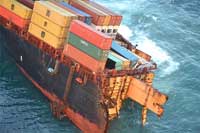 On October 5, 2011, the containership
On October 5, 2011, the containership 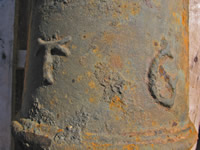
 The US Navy’s newest strategic weapon may be a
The US Navy’s newest strategic weapon may be a 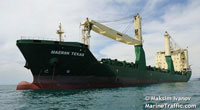
 New York harbor is not the only port on the North-Eastern coast of the United States with a wealth of tall ships over Memorial Day Weekend.
New York harbor is not the only port on the North-Eastern coast of the United States with a wealth of tall ships over Memorial Day Weekend. 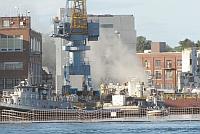
 A portrait of a naval ensign, in a heavy gilt frame, hung in a lonely corridor in the labyrinth that is the Pentagon. The plaque on the portrait read:
A portrait of a naval ensign, in a heavy gilt frame, hung in a lonely corridor in the labyrinth that is the Pentagon. The plaque on the portrait read:








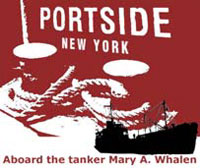 Many visitors think of New York as the island of Manhattan. The City of New York is in fact five boroughs, only one of which is connected to the mainland. If Brooklyn, the largest borough, had remained an independent city, as it was until 1898, it would now be the 4th largest city in the United States.
Many visitors think of New York as the island of Manhattan. The City of New York is in fact five boroughs, only one of which is connected to the mainland. If Brooklyn, the largest borough, had remained an independent city, as it was until 1898, it would now be the 4th largest city in the United States.
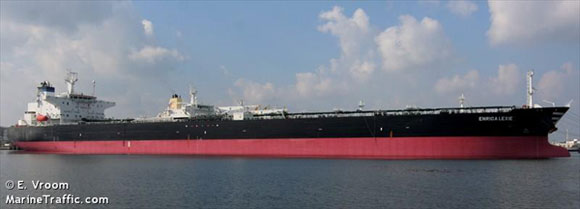
 On Wednesday, Philadelphia’s tall ship, the 112+ year old
On Wednesday, Philadelphia’s tall ship, the 112+ year old  Charles Spencer, writing for the Telegraph
Charles Spencer, writing for the Telegraph